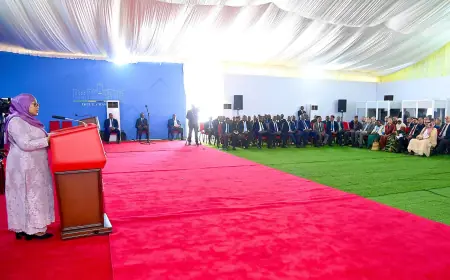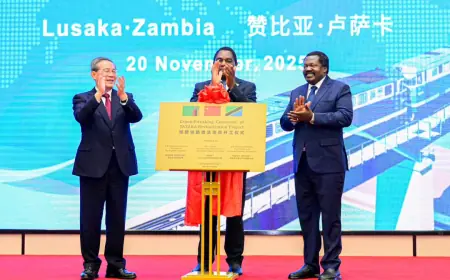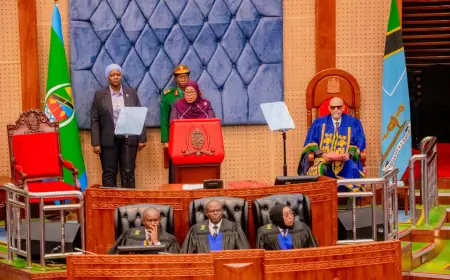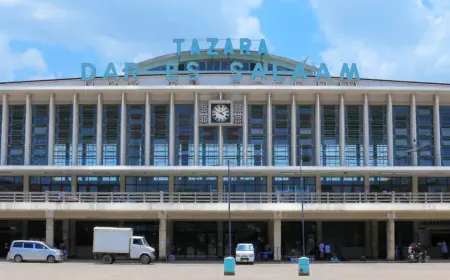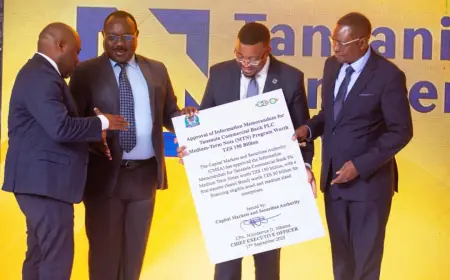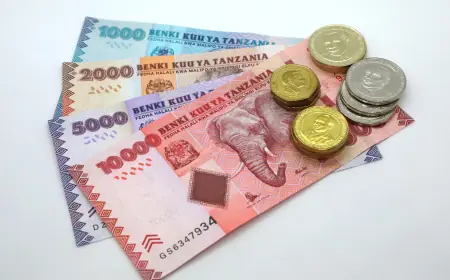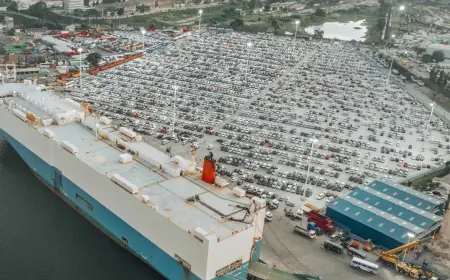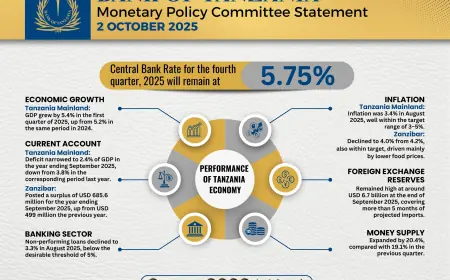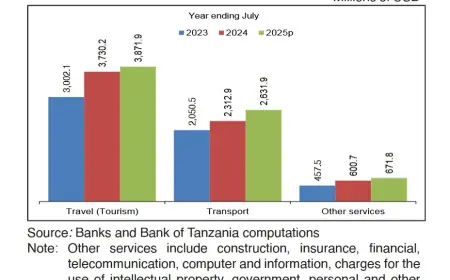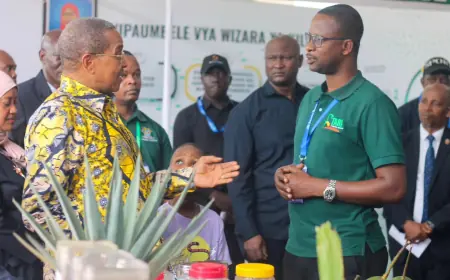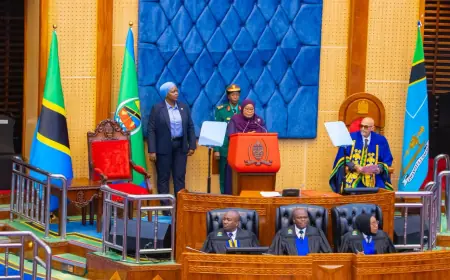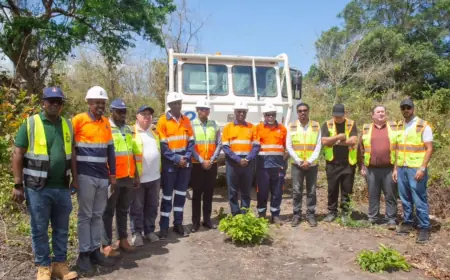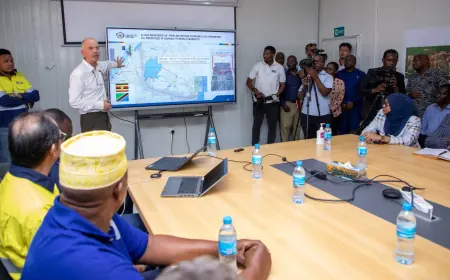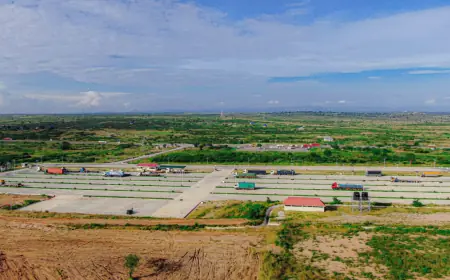EAC Customs overhaul: Bloc poised for digital trade revolution after 21-year wait
Dated September 26, 2025, this legislation marks the first comprehensive overhaul of the EAC Customs Management Act, 2004 in over two decades
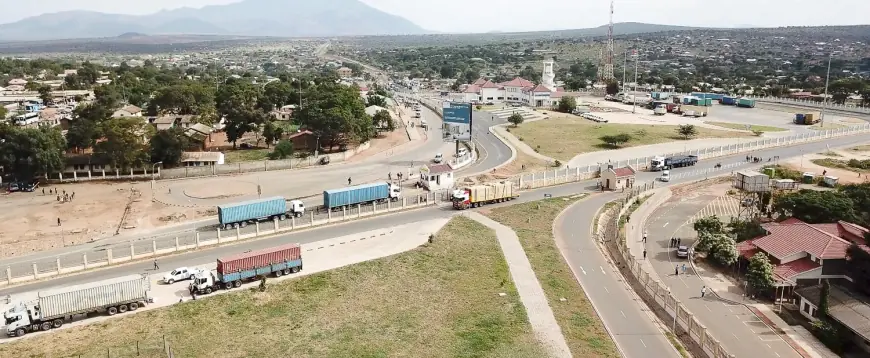
Arusha. The East African Community (EAC) is on the cusp of a major trade revolution, following the legislative approval of a crucial reform that modernises customs operations across the bloc.
The East African Legislative Assembly (EALA) has passed the long-awaited East African Community Customs Management (Amendment) Act, 2025, which now awaits the essential assent by the EAC Heads of State to become regional law.
Dated September 26, 2025, this legislation marks the first comprehensive overhaul of the EAC Customs Management Act, 2004 in over two decades.
The East African Business Council (EABC), which champions the private sector, confirmed its active role in the process, having submitted proposals gathered from regional businesses to the EALA Committee on Communications, Trade and Investment (CTI).
The new Act introduces a significant raft of measures intended to streamline trade, adopt digital systems, and deepen regional integration under the existing Single Customs Territory (SCT) and Special Economic Zones (SEZs) frameworks.
A new era of digitisation and compliance
At the heart of the reform is a major push for digital transformation.
The new law grants official recognition to electronic records and digital documentation, moving East Africa away from reliance on physical paperwork and paving the way for faster, more transparent customs processing.
This focus on digitisation is further supported by new provisions enabling the use of risk management in all customs operations and introducing trade facilitation measures designed to accelerate the clearance of goods.
Furthermore, the Act introduces the revolutionary measure of permitting the cross-border deployment of customs officers.
This will allow officers to be stationed at the first point of entry in another Partner State, a move expected to cement seamless operations under the SCT framework.
Other key amendments include providing temporary duty waivers to address regional production shortfalls, which should help to ensure greater stability in supply chains.
In a welcome move for small-scale traders, goods valued at $50 or less will now be exempt from customs duty, simplifying clearance for low-value imports.
However, the new legislation also enforces much stricter compliance measures.
The penalties for non-compliance have been substantially increased, with fines now set at twenty thousand dollars or fifty percent of the dutiable value of the goods involved, whichever is higher, up from the previous cap of ten thousand dollars.
The law also modernises definitions and valuation procedures concerning bonded warehouses, exemptions, and used goods.
What it means for Tanzanian businesses
For the Tanzanian business community and investors, this reform delivers a strategic boost for trade competitiveness and investment attraction.
The new law, once enacted, will usher in greater customs efficiency, faster border clearance, and improved predictability for manufacturers and exporters through digital transformation and clearer valuation procedures for bonded warehouses and used goods.
Continental alignment and economic boost
For the business communities across EAC Partner States, including those in Tanzania, this reform is viewed as a strategic intervention that will significantly boost trade competitiveness, efficiency, and the appeal of the region for investment.
The new law is explicitly geared towards accelerating customs efficiency, fostering digital data exchange, and improving predictability for manufacturers and exporters.
Crucially, the Act is also designed for stronger alignment with wider continental frameworks.
This includes the major COMESA–EAC–SADC Tripartite Free Trade Area (TFTA), which officially came into force recently on 25th July, 2024. The TFTA unites 29 African nations, representing over 60 per cent of continental GDP.
By streamlining its own internal customs operations and bolstering the SCT, the EAC's new legislation ensures its members are fully positioned to capitalise on the vastly expanded market created by the Tripartite Agreement, offering unprecedented access to a massive and dynamic economic region.
What's Your Reaction?
 Like
0
Like
0
 Dislike
0
Dislike
0
 Love
0
Love
0
 Funny
0
Funny
0
 Angry
0
Angry
0
 Sad
0
Sad
0
 Wow
0
Wow
0







